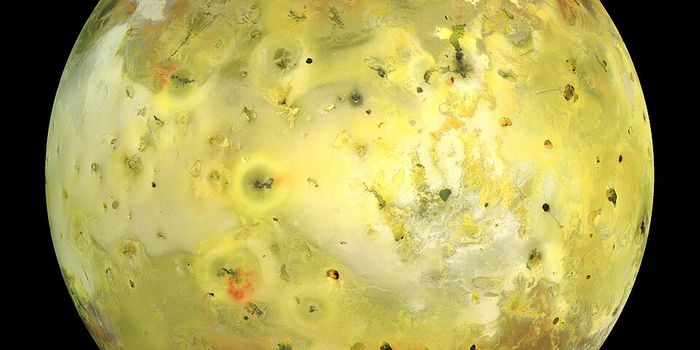Biodiversity Loss, Pollution, Climate Change Drive Infectious Disease
Scientists are trying to learn more about the exact factors that promote the spread of infectious disease, in part because that will help us to prevent these infections, which can sicken humans, animals, and plants. Recent research has examined the existing body of research literature, in what is called a meta-analysis, to search for the forces that are promoting the spread of infectious diseases. The study, which was reported in Nature, highlights the influence that people have had on driving an increase in new infectious diseases.
The risk of infectious disease, the study authors noted, is primarily affected by factors such as pollution, changes in landscapes and the climate, biodiversity loss, and pressures on species, such as the introduction of invasive species.
The investigators considered almost 3,000 instances of the links between global change and infectious disease, which included 1,497 host–parasite relationships and interactions between plants, animals, and humans.
Deforestation or habitat loss and forest fragmentation was not found to be a driver of disease. However, chemical pollution, climate change, introduced species, and biodiversity loss were found to promote disease.
Perhaps surprisingly, urbanization was not a driver of disease and may in fact reduce it. There is less disease in urban areas, in part because of sanitation efforts, but also because urban areas cannot support wildlife, corresponding study author Professor Jason Rohr of the University of Notre Dame told The Guardian. Urban areas tend to have less disease, partly due to better public sanitation and the availability of health care and treatment, but also because there is less wildlife.
The study authors stressed that to reduce the rise of infectious diseases, people should do more to lower the emission of greenhouse gases, improve the health of the ecosystem, and prevent the introduction of invasive species and the loss of biodiversity. These efforts may help "reduce the burden of plant, animal and human diseases, especially when coupled with improvements to social and economic determinants of health," according to the study.
“The take-home messages are that biodiversity loss, climate change and introduced species increase disease, whereas urbanization decreases it,” noted Rohr.
This study comes on the heels of a recent report published in The Lancet Planetary Health, which noted that biodiversity loss, climate change, and infectious diseases are all connected, and that efforts to mitigate these problems should begin to consider all three together, rather than each in isolation.
Sources: NSF, The Lancet Planetary Health, Nature









